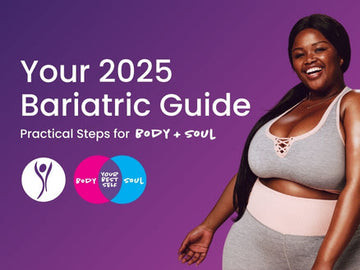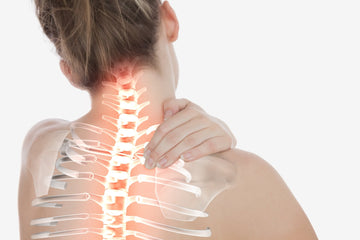by Brenda Hoehn on Aug 23, 2023

Foods to Avoid After Bariatric Surgery

Patients who undergo bariatric surgery are given a special diet to follow for the first 1 to 2 months after bariatric surgery. The post-bariatric surgery diet progresses in stages, starting with liquid foods and then slowly reintroducing solid foods when the body is able to accept them.
Afterward, some bariatric surgery patients get off to a great start and then suddenly return to their old lifestyle habits. Certain foods won’t necessarily align with their new goals, so it’s important to stay on track.
Here are the liquids and foods to avoid or have in moderation after bariatric surgery.
Liquids to Avoid
Allow your body to heal by avoiding these liquids after bariatric surgery.
Alcohol
Alcoholic beverages are high in calories and low in nutrients. They also take up space in your stomach that needs to go to foods packed with vitamins and minerals.
Plus, alcohol tolerance is much lower because of two factors: body fat and an enzyme called alcohol dehydrogenase.
People with a higher percentage of body fat have a higher tolerance for alcohol; as this body fat percentage decreases, so does one’s tolerance. The enzyme alcohol dehydrogenase, present in the stomach, helps to break down alcohol. Less of this enzyme is present once the stomach size is reduced after bariatric surgery.
In other words, blood alcohol levels peak higher and faster and take longer to return to normal.
Caffeinated Beverages
Caffeine is a natural diuretic. A diuretic makes the body urinate more frequently, affecting your hydration levels. Drinking enough water after bariatric surgery is important, as patients are at serious risk for dehydration.
Another problem with caffeine is that it’s a hunger suppressant. While you may not think that’s a big deal, it’s common post-surgery to have issues getting enough proteins and nutrients each day. Don’t let caffeine hinder your ability to meet protein goals to maintain muscle mass and aid recovery.
Plus, caffeine has no nutritional value and is also found in carbonated drinks, which have almost no nutritional value. It’s advised to avoid carbonation for at least three months after bariatric surgery. After that, as with all things, enjoy it in moderation.
Foods to Avoid
The transition from liquids to solids is very gradual. Just like with liquids, you’ll need to pace yourself and avoid certain foods.
Dry Foods
As you transition towards solid food, it’s recommended to not eat and drink at the same time. Getting enough calories can sometimes be an issue, and drinking with a meal can fill people up. Drinking at the same time can also push food through the smaller stomach and cause people to feel hungry again too soon.
Dry foods like nuts and granola are difficult to digest, so avoid them in the early stages of eating solid foods.
Empty Calories
The goal is to eat healthy and nutritious foods after surgery, so there isn’t enough room for empty calories. Cut down on foods that lack nutritious value, like chips, fries, and pretzels.
Fibrous Vegetables
Eating nutritious fruits and vegetables is an essential part of your diet. Yet, fibrous vegetables are often a problem because they’re hard to digest. In the early days, it’s wise to stay clear of asparagus, broccoli, cabbage, celery, and corn.
High-Fat Foods and High-Sugar Foods
Foods especially high in fat and sugar can lead to dumping syndrome, in which foods move from the stomach to the bowel quickly after you eat. These foods can even cause dumping even years post-op. Uncomfortable symptoms include diarrhea, nausea, and vomiting.
That means you’ll be advised to stay away from high-fat foods like sausage and bacon, and high-sugar foods like candy, cake, and cookies. You maybe be able to tolerate them later on, but be aware of your consumption as they are not ideal for your new healthy diet.
Tough Meats
One habit that post-bariatric surgery patients learn is to chew their food really well. Chewing slows down how fast you eat, which gives your brain time to realize how full you feel. It also means that food is completely digested; you won’t miss out on nutrition or run the risk of having food stuck.
So, avoid tough meats like ham, hotdogs, pork, and steak. When getting back to solid foods, start with small bites, chew food well, and eat slowly. A helpful tip to help you take smaller bites is to use toddler spoons and forks.
Supplement Your Diet With ProCare Health!
At ProCare Health, we are committed to bringing weight loss patients the best supplements on the market. Our products, developed by bariatric doctors and dieticians, provide an affordable solution to giving your body the vitamins and minerals it needs.
While you’re at the grocery store, make sure you get everything you need. Take along the post-op shopping list or the maintenance shopping list we created just for you.
To talk with a member of our team and learn more, contact us today!

Your 2025 Bariatric Guide: Practical Steps for Body + Soul

Your Go-To Guide for Bariatric-Friendly Travel

Exploring the Impact of Weight Loss on Bone Density

